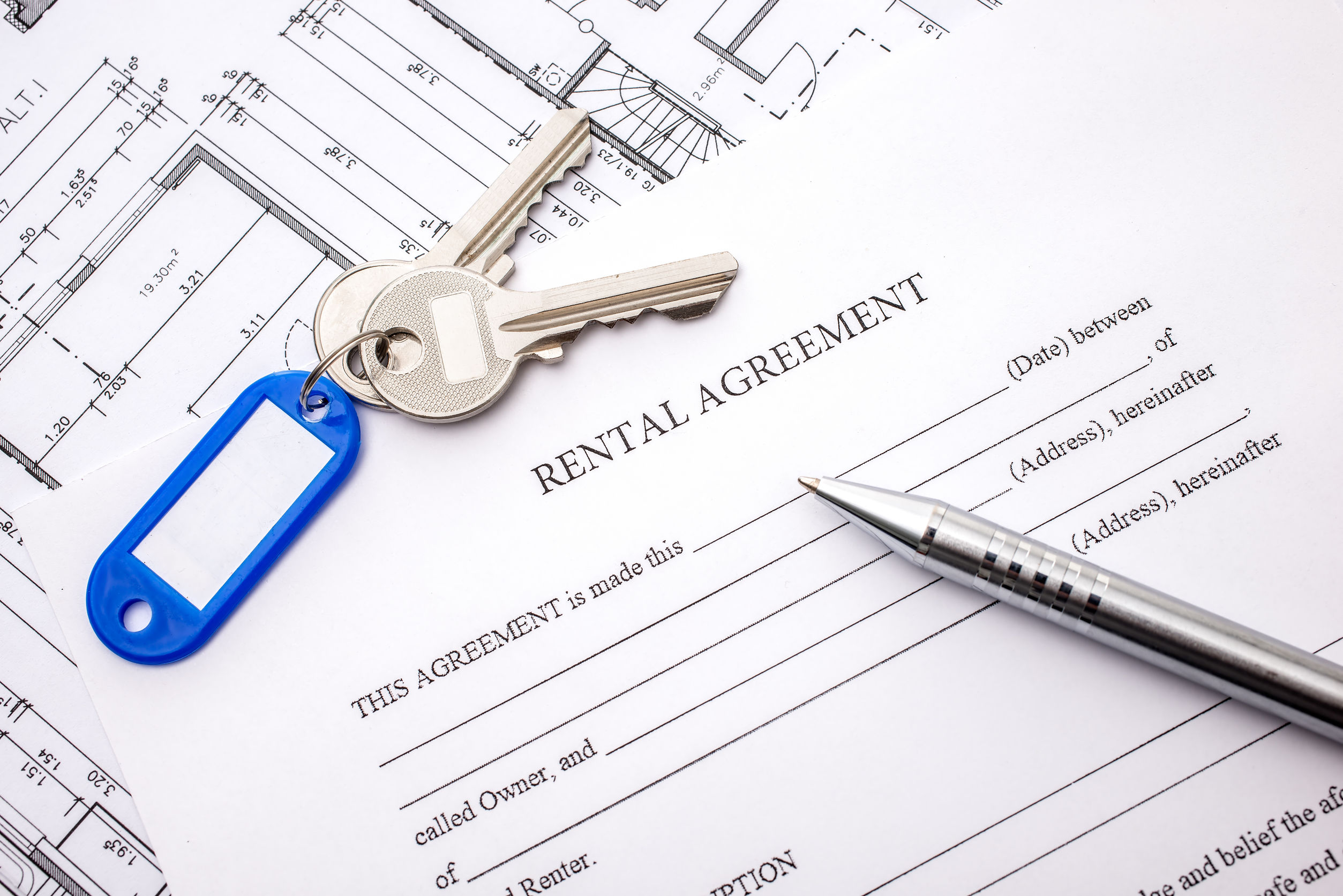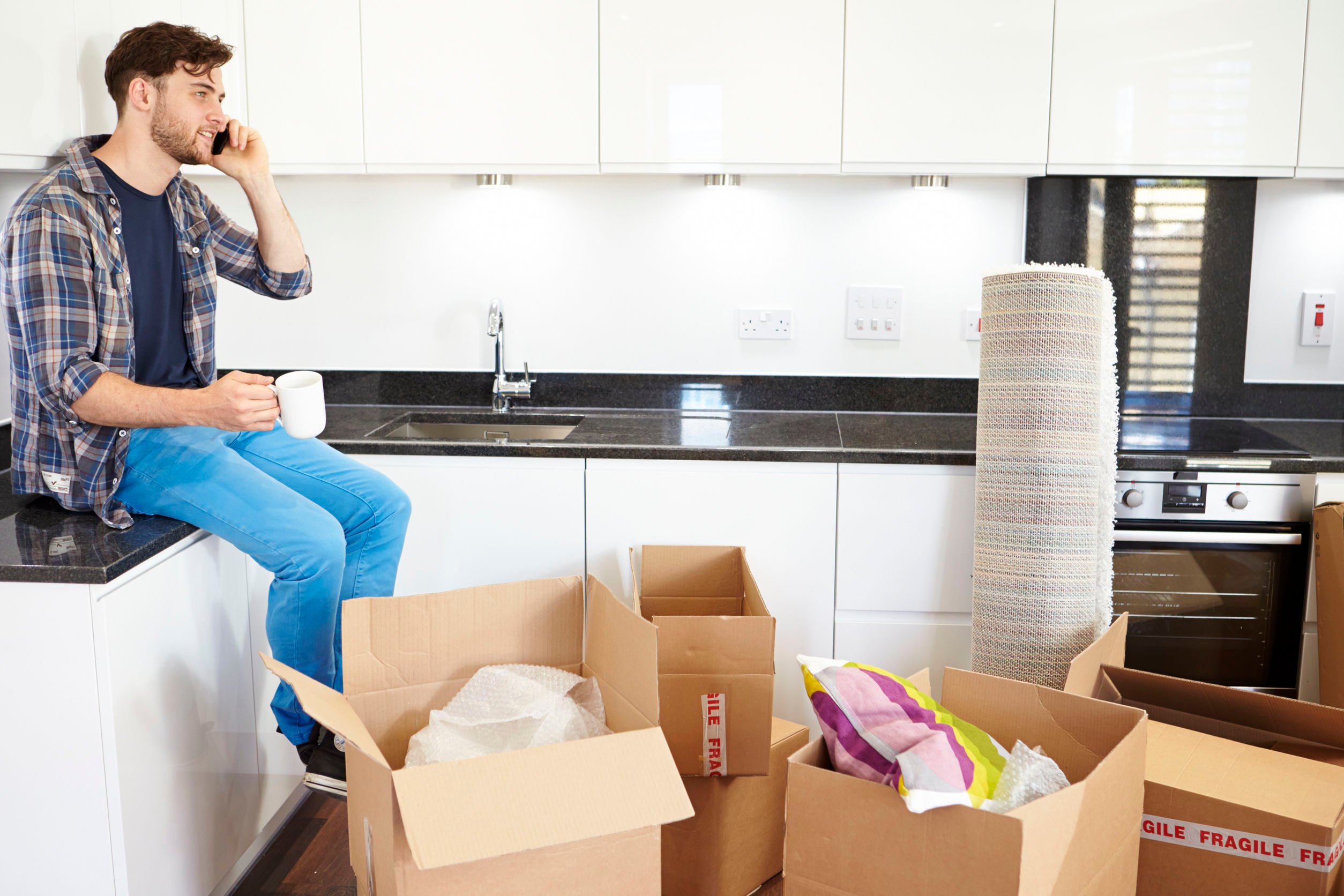It is common to be so excited to sign a lease and get those keys that you jump right in without much thought. Some people do not even bother to read, which is the biggest mistake you can make. Whether you are a first-time renter or making the 10th move of your life there are a few things you should know before you sign your name on the dotted (or solid) line!
Read It
Yes, it may be long, and it is likely boring, but you have to read it. What is the point in reading it later, after you sign? At this point, you have already agreed to everything. Check the terms, and don’t be afraid to ask questions. Some landlords will provide you with a copy prior to signing, if you want to have your lawyer look at it.
You Can Negotiate
Leases are not set in stone. You can negotiate a change in terms, rent deduction, appliance upgrade, etc. If the two of you come to an agreement over a negotiation it must be noted on the lease. A verbal agreement is worthless.
Every Lease is Different
Don’t assume that because you read your lease at your current place that the one for your new pad will be the same. In fact, it is highly unlikely that it will even be close. Most landlords pull up one of many leases available on the Internet and print. Some do not even thoroughly read through the one they choose.
Inquire About Customizations
Don’t assume that you can paint those white walls or install lighting, etc., just because there are no restrictions in the lease. If you know you are going to want to customize your place, make sure it is noted in the lease that you are permitted to do so.
Pet Policies
If you have any pets you want to read over the pet policy very carefully. Someone may have told you over the phone that pets are allowed, but they really meant to say dogs over 35 pounds, cats, and exotic animals are not permitted. It is also important to note that some places have breed restrictions, so if you have an American Pit Bull Terrier, Siberian Husky, Doberman, Rottweiler, or other breed often stereotyped, make sure they are welcomed before you sign.
Automatic Renewal
Some leases have a little clause that says your lease will automatically renew, if you don’t provide written notice at the end of your term. If your lease does not have this clause, but it is something you would be interested in, ask your landlord to add one.
Utilities
Do you know which utilities you are responsible for? Maybe your landlord told you that all utilities are included, but they are listed as your responsibility on the lease. Make sure you know what you are expected to pay.
Late Fee
You may assume that you have a 5 or 10-day grace period for late payment, but quite often this is not the case. Some landlords charge a late fee starting the first day it is late. It should be clearly stated in the lease how much the late fee is, and when you become responsible for paying it.
Maintenance and Repairs
You might expect that maintenance and repairs would be the responsibility of the landlord, but you might find a clause saying you are responsible for the first $100 of repairs, plus snow removal and lawn service, if moving into a house. You might even want to have it noted who will be responsible for changing the furnace filter, spraying for bugs, or having the chimney swept, if applicable.
Out Clause
One of the most important things to look for in a lease is the out clause. Are you legally responsible for the remainder of the lease, if you have to relocate for your job? If you need to move, can you sublet? Reading the termination section of your lease thoroughly is very important.







